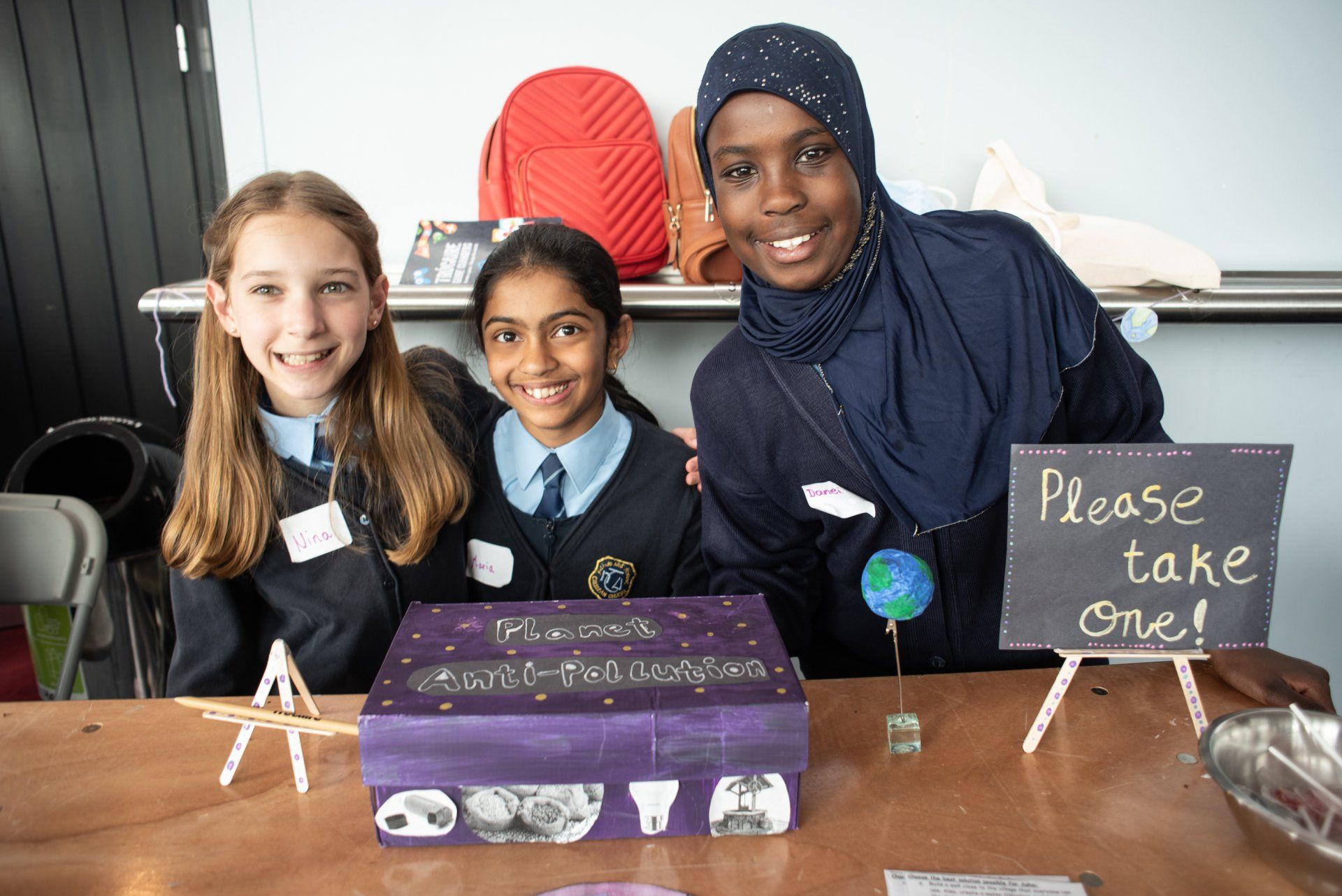Trócaire’s
Gamechangers is a competition for young people who want to change the world and believe that games are a way to do this. The programme is aimed at schools (primary and post-primary) and youth groups. In the Gamechangers programme, young people explore global justice themes, while also learning about how to create games. In parallel, teachers/leaders participate in Continuous Professional Development (CPD) on games-based learning. After this, young people are invited to create their own games and submit them to Trócaire. The creators of shortlisted games are invited to a showcase event in which they play and rate each other’s games and feed their votes into the final allocation of prizes. The Gamechangers programme has shown significant impacts in terms of participants’ knowledge, skills and values.
Knowledge and understanding of global justice themes increased, because the young people needed to drill down into their selected topic in order to create a good game. The process of making a game developed skills such as teamwork, problem-solving, communication and critical analysis. In terms of values and attitudes, many games fostered empathy, for example if players were asked to take on the roles of different characters. To track evidence of participants’ learning, Trócaire developed a set of qualitative Understanding and Empathy scales that are applied to the games. This creative approach to tracking impact has been shared across the DE sector via
IDEA’s Quality and Impact Working Group.
At a personal level, Gamechangers has built participants’ confidence. In 2019, the overall winners were a team from Loreto Balbriggan, who created a Where’s Wally-inspired game called “The Hunt for Human Rights.” The Loreto girls travelled to the University of Southern Denmark in Odense, to take part in the International Educational Games Competition, part of the European Conference on Games-Based Learning. The students presented their game to the conference attendees, where they demonstrated how their game promoted learning about human rights, coming joint second in the student category. Gamechangers also has supported innovation in young people. In 2020, two junior primary next-door neighbours overcame the challenge of Covid restrictions by creating a game on ocean waste that was played by ‘fishing’ over their shared garden wall.
Gamechangers also has had a significant impact at sectoral level. This is especially evident in the youth sector, where games-based learning has become an integral part of Trócaire’s youth leadership programme. Games have been taken up enthusiastically by youth organisations with whom Trócaire works. For example, the Irish Girl Guides badge on Climate Justice now includes the task of designing a game.
In the third level sector, there has been a strong interest in games-based learning in Initial Teacher Education courses and in Youth Work courses. Trócaire has provided games workshops across a range of modules in third level institutions, and increasingly is being used as a source of hands-on training on games for social change.
In the DE sector, a growing number of NGOs and groups are using games as part of their Development Education offering. Within Trócaire, Gamechangers has raised the profile of the Development Education team and has provided an accessible example of the creative and participatory approaches that are at the heart of Development Education.
Image:
- Nina Turkalj, Maria Dholkawala, Daneia Mohammed from Scoil Thomáis, Castleknock, Dublin, show their game planet anti pollution photo (main page and picture 1)
Credit: Garry Walsh







